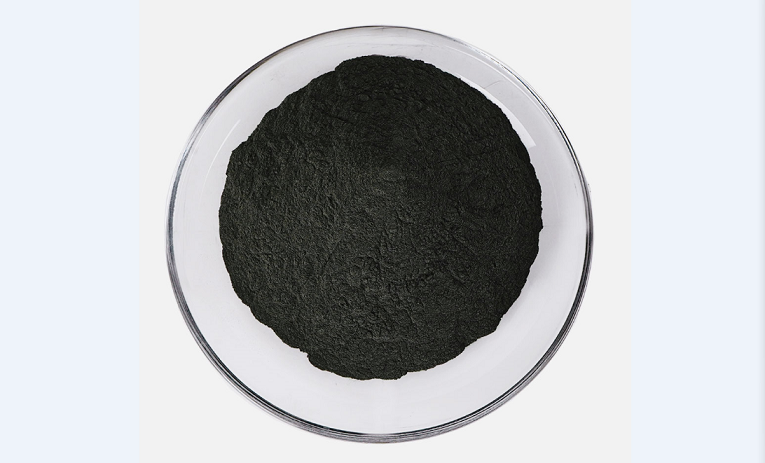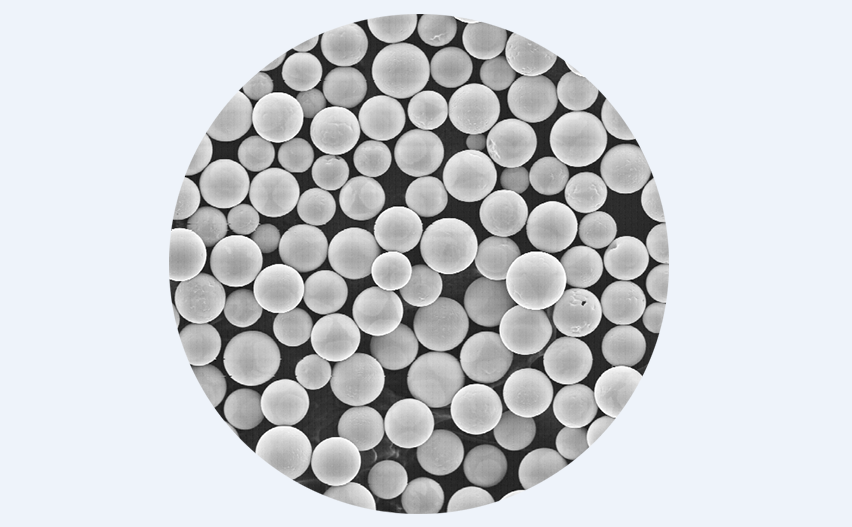
Spherical tungsten powder has the characteristics of good powder fluidity and high tap density and is often used as a high-tech material in thermal spraying, porous materials, filter materials, rocket sweating materials, powder metallurgy industry, and other fields. In this article, let’s take a look at the production methods of spherical tungsten powder.

Spherical Tungsten Powder
1. Arc spray gun method: Use an ordinary DC arc welding machine as the power source, and the S(3)P-3 type arc spray gun transmits and controls two consumable electrode tungsten wires to intersect and start arc melting and use compressed air to atomize to form the desired product. This method has simple equipment, but the product quality is unstable and the consistency is poor, which is not conducive to industrial production.
2. Plasma method: The tungsten powder is added to the plasma jet fluid to melt the surface of the tungsten powder particles to form droplets. The droplet shrinks due to surface tension to form a spherical shape, and then rapidly cooled to obtain the product. This method has the advantages of highly concentrated plasma energy, convenient and flexible use, high heat utilization rate, low cost, high product purity, sphericity, etc.
3. Vapor deposition method: In 1963, researchers invented a process to obtain large-size (40~650μπι) spherical tungsten powder from WF6 by vapor deposition, but it has not yet achieved large-scale production.
4. Tungsten powder heavy oxidation-reduction method: Use tungsten powder to form a special tungsten oxide through partial oxidation under a certain temperature, oxidation time, and air atmosphere. This tungsten oxide has a complex composition, fine particle size, and large specific surface area. Then remove the corners of the original tungsten powder through the reduction reaction. This method can still use traditional equipment, the production cost is lower, and the product size range is narrow.
5. Ammonium Paratungstate Cyclic Redox Method: Ultra-pure ammonium para tungstate is used as raw material to calcinate in an argon atmosphere to obtain purple tungsten. The purple tungsten is reduced in hydrogen with a purity of 99.99% and a dew point of less than -40°C and then oxidized to WO3 in the air. The WO3 can be reduced in hydrogen to obtain the desired product. This method can produce sub-micron spherical tungsten powder, with a long process route, difficult-to-control parameters, and unsuitable for industrial production.
6. Ammonium tungstate ultrasonic stirring-drying-reduction method: The saturated ammonium tungstate solution and the dispersant are ultrasonically stirred and mixed uniformly, then concentrated sulfuric acid is added to produce precipitation during the stirring process, the precipitate is filtered out, dried, broken, and reduced in a hydrogen reduction furnace to obtain the product. The method has a long process route, difficult control of process parameters, and large waste liquid pollution.
Thank you for reading our article and we hope it can help you have a better understanding of the production methods of spherical tungsten powder. If you want to learn more about tungsten or other refractory metals and alloys, we would like to advise you to visit Advanced Refractory Metals (ARM) for more information.
Headquartered in Lake Forest, California, USA, Advanced Refractory Metals (ARM) is a leading manufacturer & supplier of refractory metals & alloys across the world. It provides customers with high-quality refractory metals & alloys such as tungsten, molybdenum, tantalum, rhenium, titanium, and zirconium at a very competitive price.
Copyright © 1994-2024 Advanced Refractory Metals owned by Oceania International LLC, All Rights Reserved.